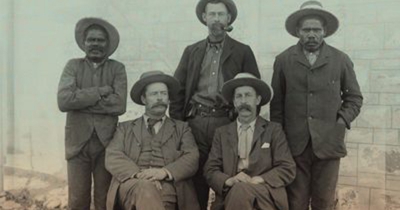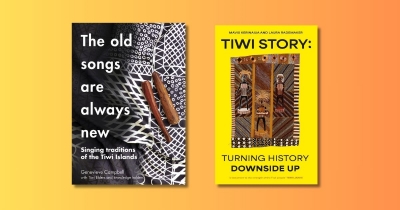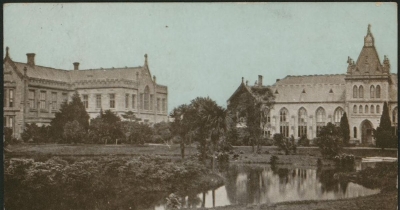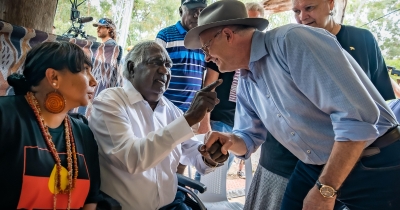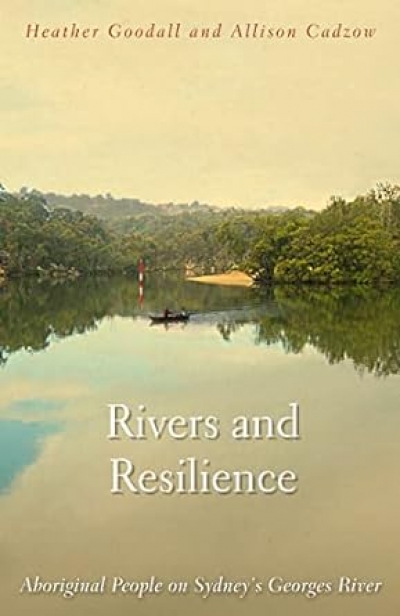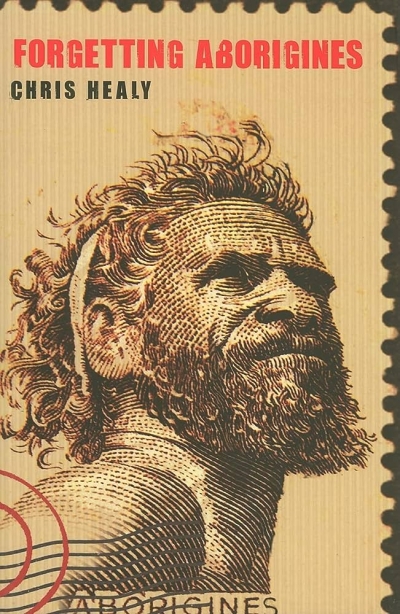Indigenous History
Dhoombak Goobgoowana: A history of Indigenous Australia and the University of Melbourne, Volume 1: Truth edited by Ross L. Jones, James Waghorne, and Marcia Langton
Tiwi Story by Mavis Kerinaiua and Laura Rademaker & The Old Songs Are Always New by Genevieve Campbell with Tiwi Elders and knowledge holders
Like the nation at large, the University of Melbourne has a troubling history. Stretching back to Victoria’s early colonisation, that history is entwined with the oppression and dispossession of Australia’s Indigenous peoples.
... (read more)Everywhen: Australia and the language of deep history edited by Ann McGrath, Laura Rademaker, and Jakelin Troy
From the age of fifteen until his recent death at the age of seventy-four, the great Yolngu leader Yunupingu (1948–2023) was at the forefront of the struggle to change the Australian legal system in unprecedented ways. In 1963, with his father, Mungurrawuy, he drafted the Yirrkala Bark Petition, which presented to Parliament an eloquent claim for the rights of the Indigenous peoples of Arnhem Land before their country was, without their consent, turned into a bauxite mine. The Bark Petition was no ordinary document. On the one hand, it uses the antiquated language of a traditional ‘humble petition’ to Parliament, concluding in forms of speech that have hardly changed since the seventeenth century: ‘And your petitioners as in duty bound will ever pray.’
... (read more)Clare Wright’s letter in response to Bain Attwood (ABR, August 2023) should profoundly disturb and unsettle anyone in this country concerned about the survival of active, rigorous, and engaged historical scholarship.
... (read more)
